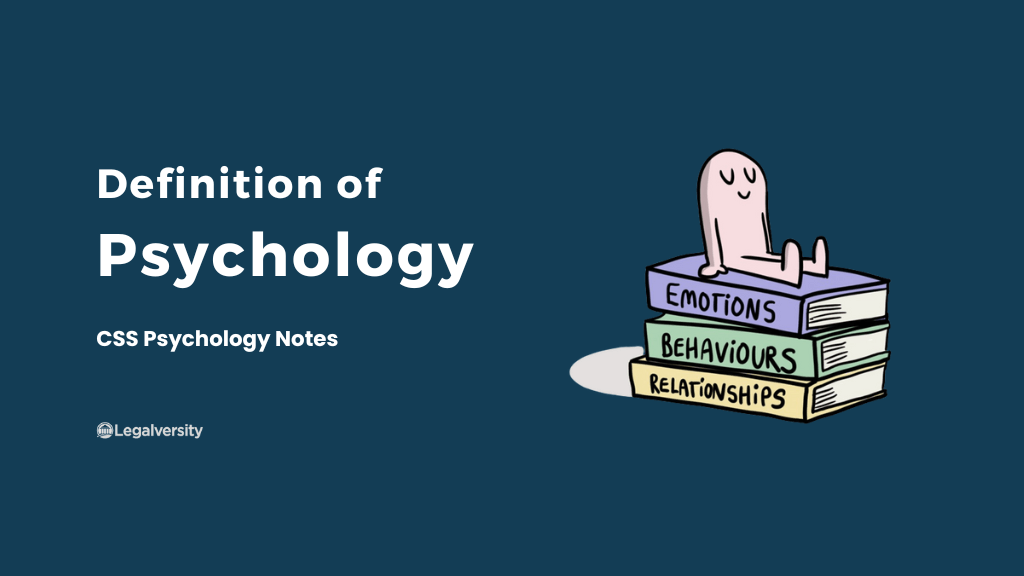The term psychology derives from the roots psyche, meaning “mind,” and logos, meaning “word.” Early psychologists focused primarily on the study of the mind and mental life.
By the 1920s, however, many psychologists believed the mind was not a suitable subject for scientific study. They initiated a movement to restrict psychology to observable behavior alone. Today we recognize the importance of both areas.
Accordingly, psychology is now defined as the scientific study of behavior and mental processes.
According Cambridge Dictionary of Psychology
“The study of the mind, including consciousness, perception, motivation, behavior, the biology of the nervous system in its relation to the mind, scientific methods of studying the mind, cognition, social interactions in relation to mind, individual differences, and the application of these approaches to practical problems in organization and commerce and especially to the alleviation of suffering.”
As per Feldman, Karen Huffman:
“Psychology is the scientific study of behavior and mental processes.”
Most psychologists would argue that the field should be receptive to a variety of viewpoints and approaches. Consequently, the phrase behavior and mental processes in the definition of psychology mean many things: It encompasses not just what people do but also their thoughts, emotions, perceptions, reasoning processes, memories, and even the biological activities that maintain bodily functioning.
See these as well:

